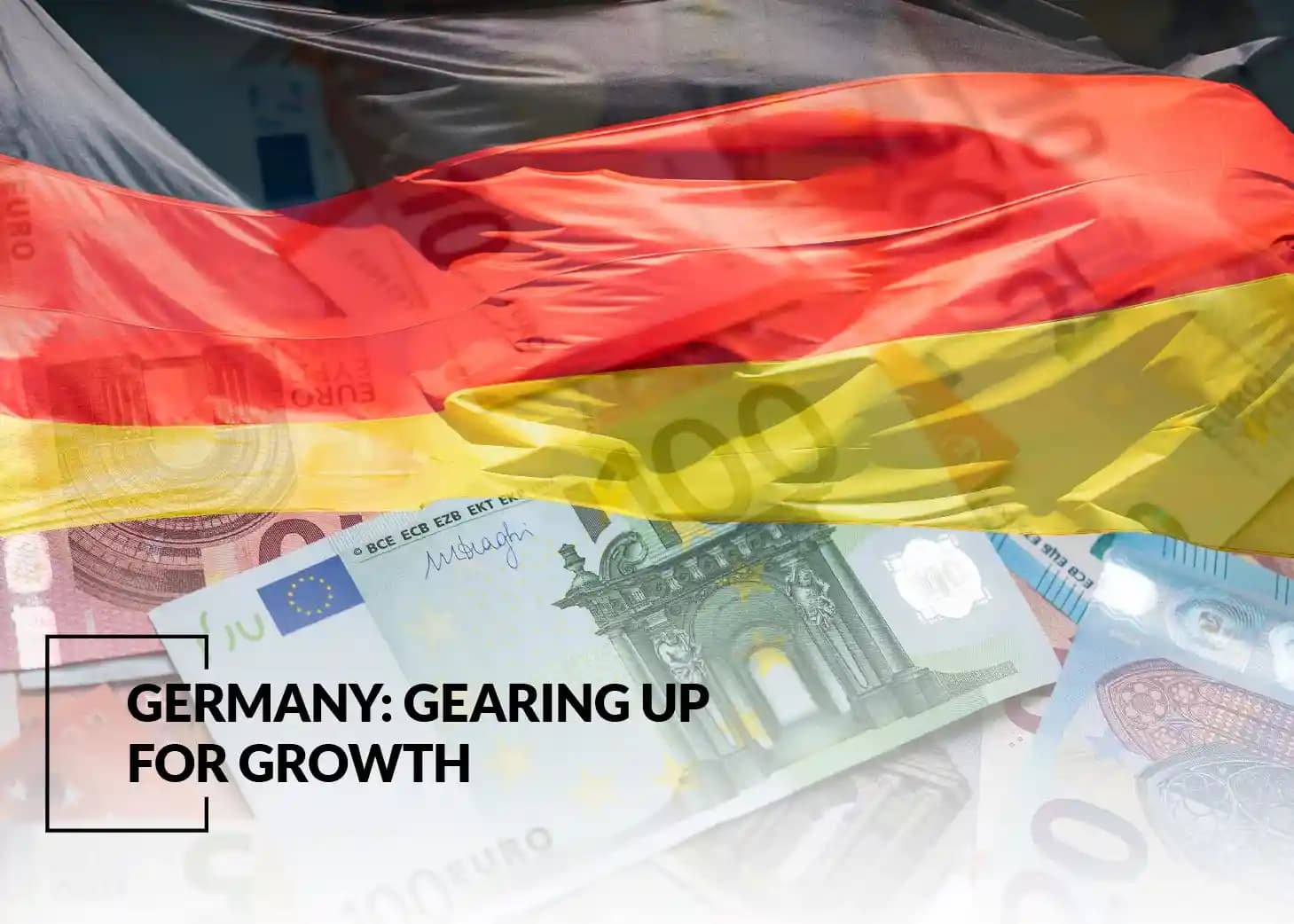Boost investments in Germany through the Annual Investment Meeting
Introduction:
Located in Central Europe, Germany is bordered by nine other countries. It has a population of over 83 million people and is the most populous country in the European Union. Germany is the fourth-largest economy in the world and the largest economy in Europe. In this article, we will explore Germany’s economic challenges at present and how the Annual Investment Meeting will offer an invaluable venue for policymakers, government officials, corporate leaders, investors, and industry experts to touch base and find solutions to realize further growth for the country.
Growth challenges:
1. Geopolitical impacts of conflict in Ukraine: Germany is facing challenges as a result of the conflict in Ukraine, including reduced Russian gas imports, higher energy costs, scarcity of key intermediate inputs, weaker external demand and confidence, and tighter financial conditions.
2. The coronavirus pandemic: The pandemic has led to supply chain disruptions as well as a decline in economic growth and job losses in many sectors, particularly in the hospitality and tourism industries. The government has launched several initiatives to support businesses and workers, but the economic impact of the pandemic is still being felt.
3. Climate change: Germany, like many countries, is dealing with the challenges of climate change, including the need to transition to a low-carbon economy and address the impacts of extreme weather events. In fact, a recent study found that extreme weather caused by climate change could cost Germany up to 900 billion euros by 2050.
4. Digital transformation: The digital transformation of the economy is creating both opportunities and challenges for Germany. While new technologies can drive innovation and growth, they also require significant investments in infrastructure and workforce development.
Opportunities:
Several investment opportunities exist in the country, which include, but not limited to, the renewable energy sector specifically in areas such as wind, solar, and hydro power, as well as energy storage and smart grid technologies. In addition, investments in transportation and telecommunications can create jobs and support the country’s economic growth, while improving its connectivity and competitiveness. Addressing the challenges Germany currently faces will require sustained efforts and collaboration from both its government and the private sector to ensure a strong and resilient economy for the future.
The Annual Investment Meeting’s Role:
The Annual Investment Meeting (AIM) serves as a platform for investors, entrepreneurs, and policymakers to connect, share knowledge, and explore investment opportunities in Germany. By attending AIM, you can:
1. Access exclusive insights: Gain valuable market intelligence and stay ahead of the curve with expert-led panel discussions, workshops, and presentations on German investments.
2. Connect with key stakeholders: Network with investors, entrepreneurs, and decision-makers who share your vision for Germany’s growth.
3. Discover new opportunities: Uncover hidden investment gems and identify high-potential sectors that align with your interests and expertise.
Conclusion:
The Annual Investment Meeting provides an opportunity for Germany to showcase its investment and economic growth opportunities across various sectors, leveraging its strengths in areas such as renewable energy, healthcare, and technology. With a highly skilled workforce, supportive business environment, and commitment to sustainability, Germany is well-positioned for continued growth and investment in the future.
